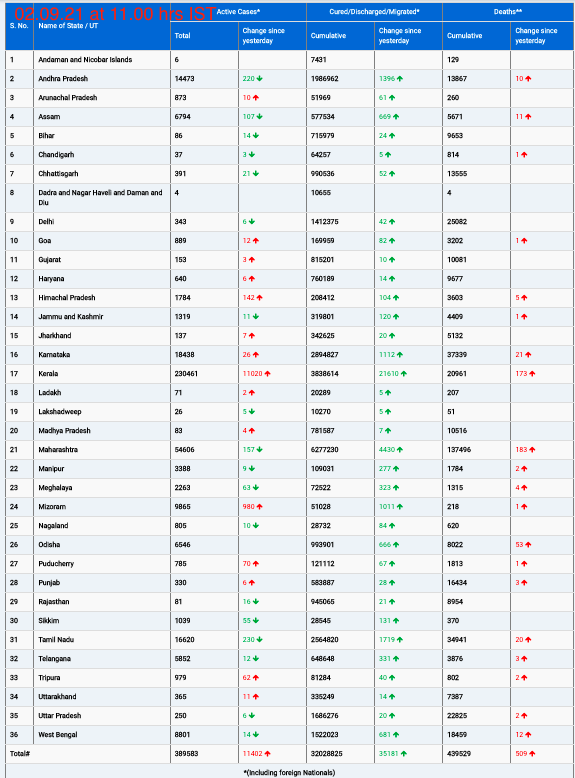Gurugram, India — Experts have raised concerns over Cytomegalovirus (CMV), a common but typically symptomless herpes virus, which can pose significant health risks to newborns and individuals with impaired immune systems, such as organ transplant and HIV patients.
CMV, a member of the herpes virus family, can infect people of all ages and spreads through body fluids. Often, it remains dormant, causing no symptoms or a mild illness with fever, sore throat, fatigue, or swollen glands. However, in certain populations, CMV can become a serious health threat.
“CMV is the most commonly transmitted virus to a developing fetus,” explained Dr. Neha Rastogi Panda, Consultant-Infectious Diseases at Fortis Memorial Research Institute, Gurugram. “If a pregnant woman contracts CMV for the first time during pregnancy (primary infection), there is a risk of transmitting the virus to the unborn baby. This can result in congenital CMV infection, which may cause developmental problems, hearing loss, vision impairment, and other serious health issues in the baby.”
In individuals with weakened immune systems, such as those with HIV/AIDS or those undergoing organ transplants, CMV can cause severe symptoms impacting the eyes, lungs, esophagus, intestines, stomach, or liver. “CMV is a common virus that infects over 90 percent of the Indian population during pregnancy (intrauterine) or early childhood. While typically harmless in healthy individuals, CMV can become a serious threat to people with HIV/AIDS or those undergoing organ transplants,” stated Dr. Rajeev Gupta, Director of Internal Medicine at the CK Birla Hospital (R), Delhi.
Patients on steroids, cancer treatments, or dialysis are also at risk of CMV reactivation, which can lead to symptoms like fever, pneumonia, gastrointestinal issues, and visual problems. “CMV is a significant cause of morbidity and mortality in people with weakened immune systems,” Dr. Neha added.
While there is no widely available vaccine to prevent CMV, antiviral medications used during organ transplant procedures significantly reduce the risk of CMV reactivation.
Experts emphasize the importance of maintaining good hygiene practices, such as regular hand washing, practicing safe sex, not sharing personal items like toothbrushes, and avoiding contact with bodily fluids to reduce the risk of CMV transmission.
As awareness of CMV’s potential dangers grows, particularly for vulnerable populations, the medical community continues to advocate for preventive measures and improved treatment options to mitigate the risks associated with this pervasive virus.











